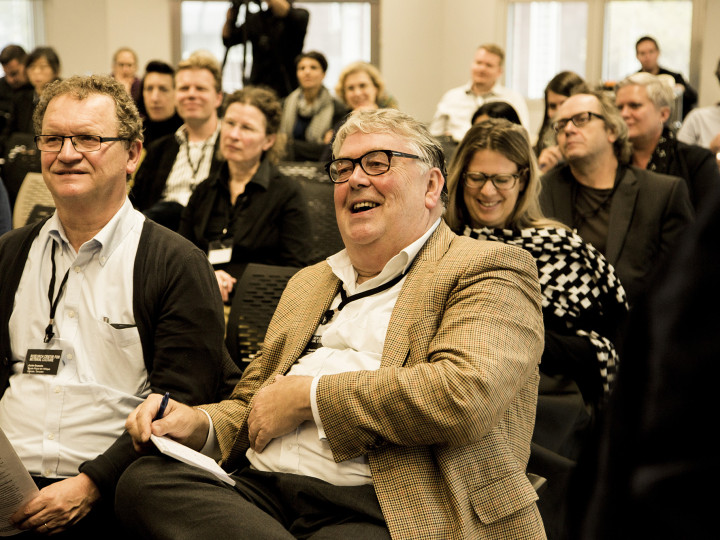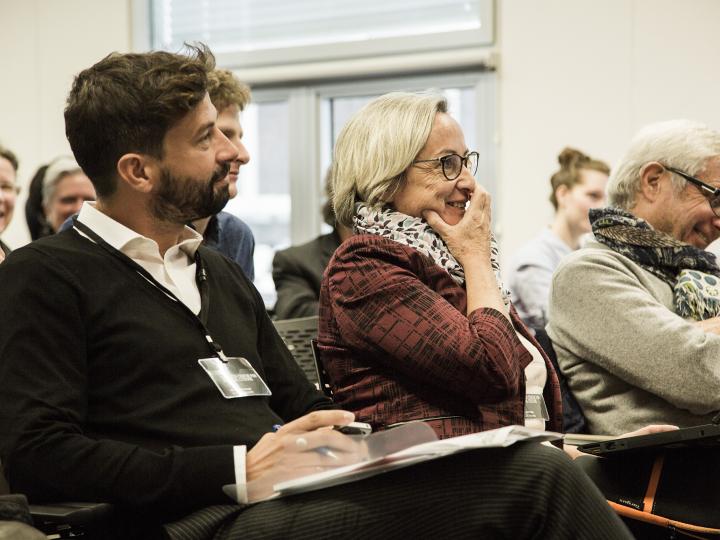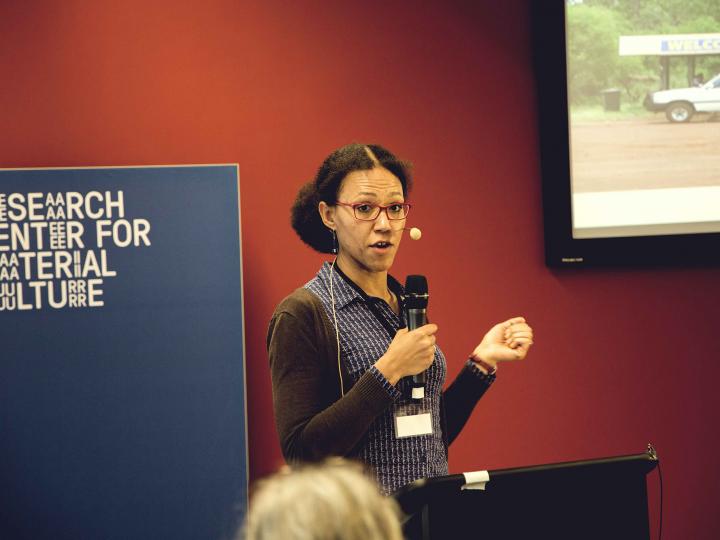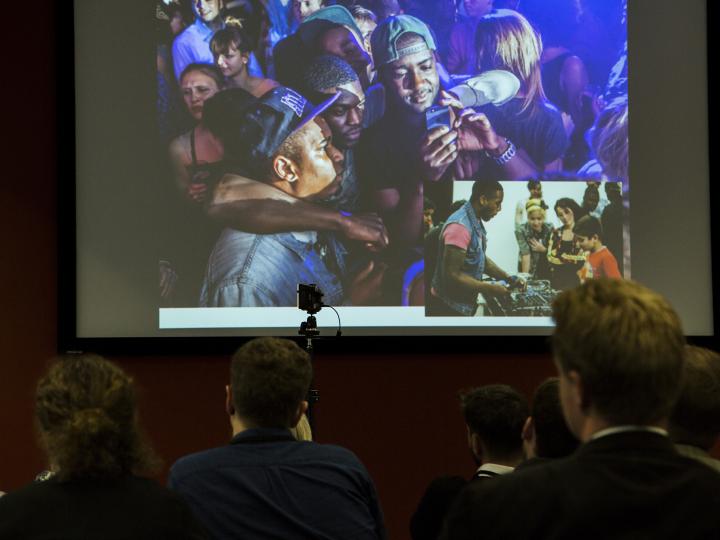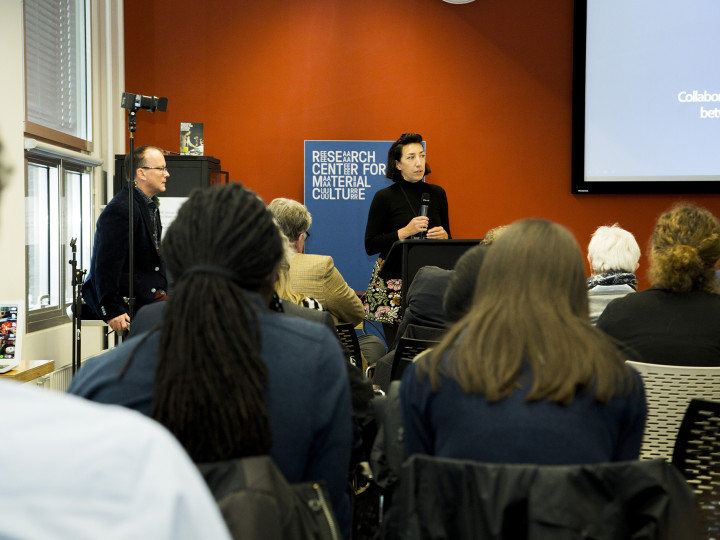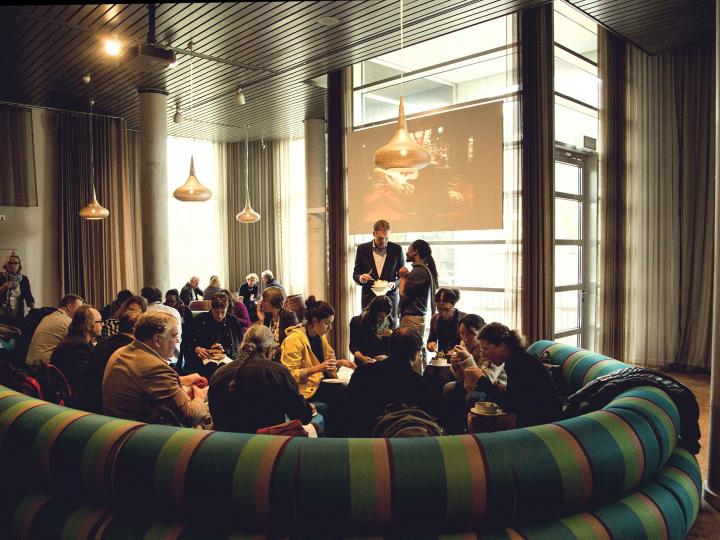
This transdisciplinary workshop is part of the Collecting Futures research theme of the pan-European collaborative project SWICH. During the workshop experts from across the world will explore best-practice examples as starting points for developing new theoretical models and practical policy suggestions for how ethnographic and world cultures museums can adopt collaborative models for rethinking collecting and representational practices.
